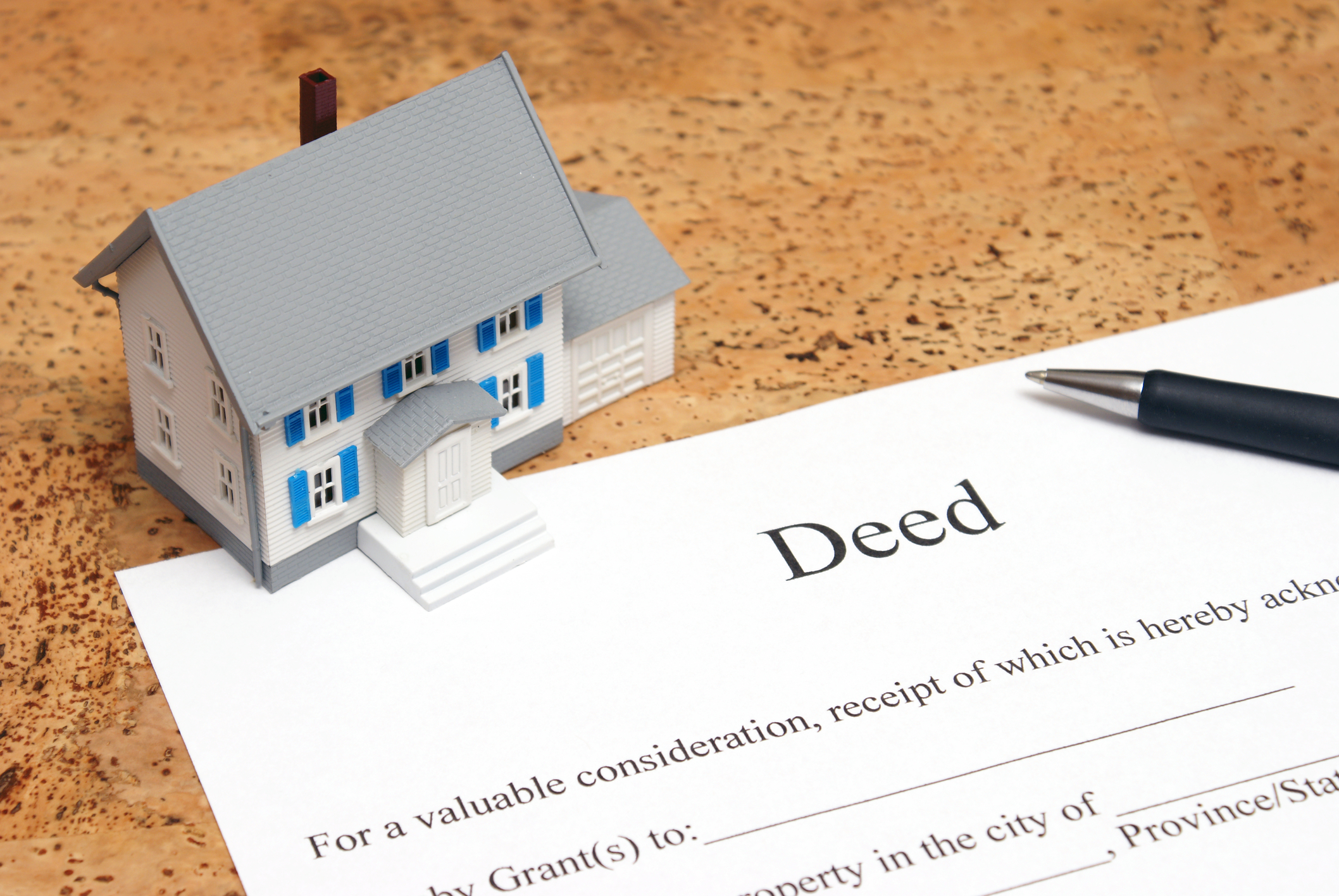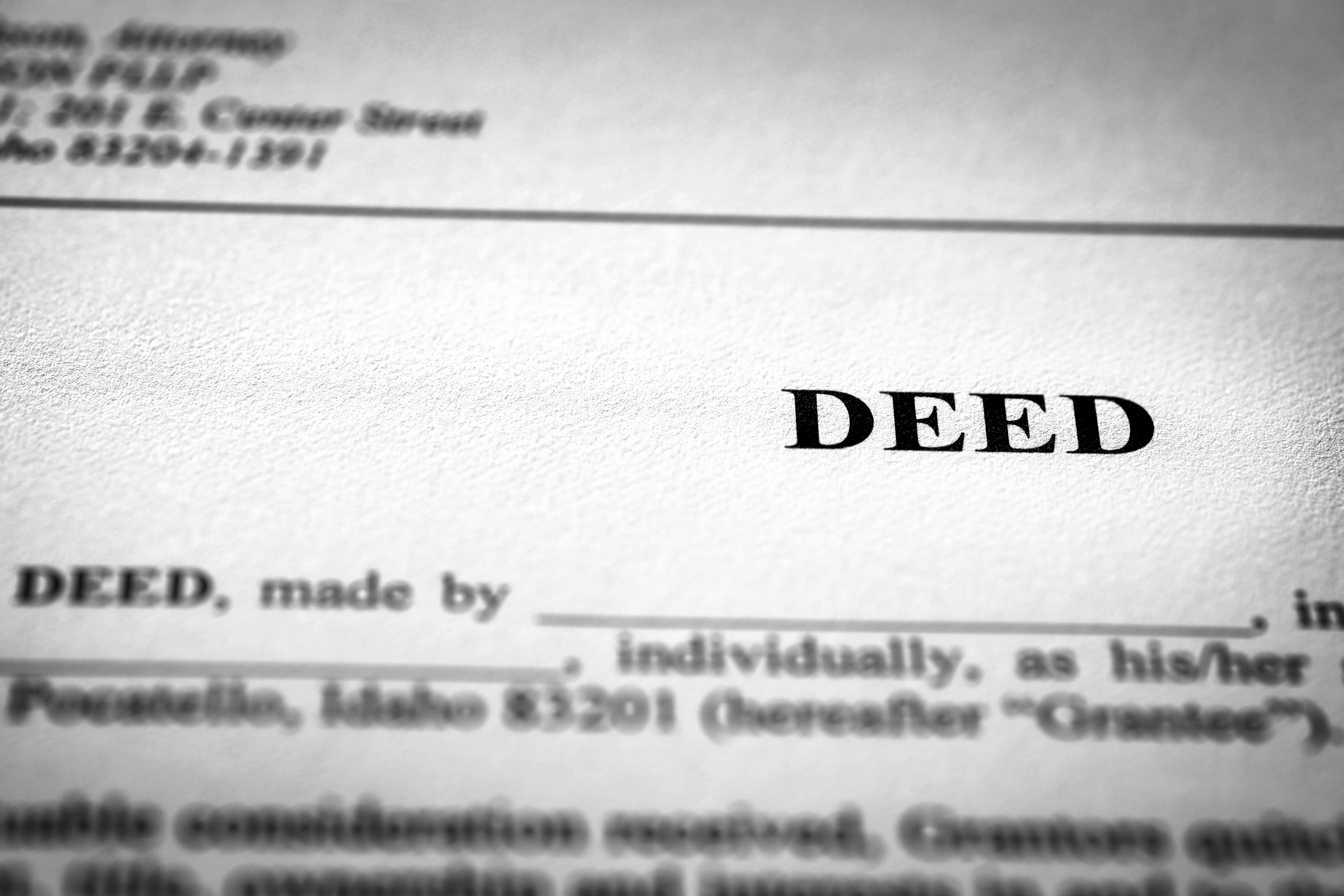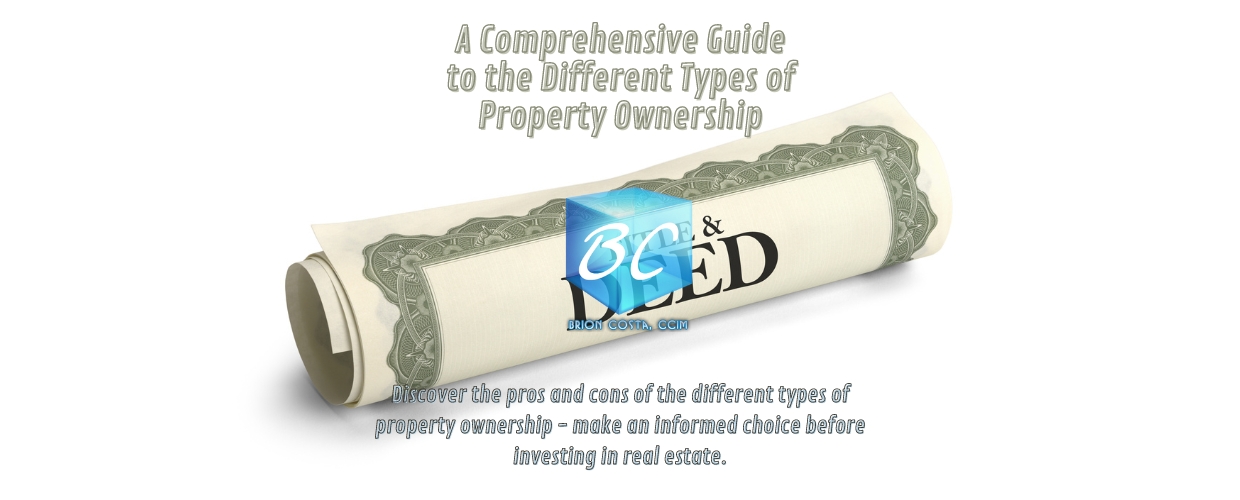In the dynamic world of commercial real estate, understanding the different types of property ownership is crucial to making informed investment decisions. As a Certified Commercial Investment Member (CCIM), I have navigated the complexities of real estate investments and observed how the choice of property ownership can significantly impact the success of an investment. This guide aims to provide a comprehensive overview of the different types of property ownership, highlighting their advantages and drawbacks, to help you make a well-informed decision.
Pros and Cons of Freehold Ownership
Freehold ownership represents the most absolute type of property ownership. As a freeholder, you own the property and the land on which it stands indefinitely.
Pros
Cons
Pros and Cons of Leasehold Ownership
Leasehold ownership means you own the property for a set period as stated in the lease agreement but not the land it stands on.
Pros
Cons
Pros and Cons of Joint Tenancy Ownership
Joint tenancy is common among married couples, where property is owned by two or more parties.
Pros
Cons

PHOTO: Matthew Benoit | Dreamstime.com
The Pros and Cons of Tenancy in Common Ownership
Tenancy in common allows individuals to own a property jointly, with each owning a specific share.
Pros
Cons
Pros and Cons of Community Property Ownership
Community property is a form of ownership by married couples where the property acquired during the marriage is owned jointly.
Pros
Cons
NOTE: It should be noted here that California, among other states, is what is known as a "Community Property State". What this means is that any property or debt that is acquired during a marriage or domestic partnership is considered the property of the community, the husband and wife or partners equally, not the individual.
Pros and Cons of Co-Ownership

PHOTO: Lane Erickson | Dreamstime.com
Among the different types of property ownership, Co-ownership is when two or more individuals own property together, either as joint tenants, tenants in common, or in other arrangements.
Pros
Cons
Out of all the different types of property ownership, choosing the right one is a decision that carries significant future ramifications. It's essential to weigh the pros and cons of each ownership type in light of your investment goals and personal circumstances.
As a seasoned CCIM, I strongly recommend seeking professional advice tailored to your specific situation. My expertise in commercial real estate investments can guide you through the complexities of property ownership. Feel free to reach out to me for personalized advice and assistance in crafting your real estate investment strategy.
Brion Costa, CCIM
Century 21, Commercial
626-695-7385
DRE#: 00939864


